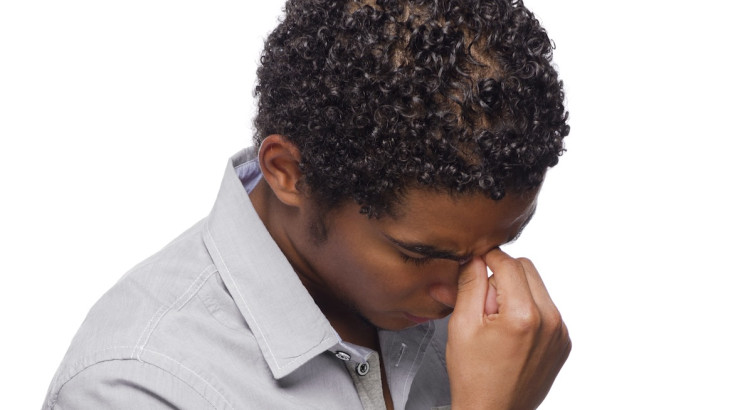College Students Who Drink Alone Have Increased Depression Risk

College students have relatively high rates for alcohol problems, and, in turn, a heightened risk for depressive illness. In a study published in late 2014 in the journal Addictive Behaviors, researchers from two Canadian universities assessed the role of solitary drinking in explaining the alcohol-related risks in college students affected by depression. These researchers concluded that solitary drinking forges a link in the chain between depression and diagnosable alcohol problems.
College and Alcohol Problems
There are two basic categories of alcohol-related problems: physical alcohol dependence (alcoholism) and non-addicted alcohol abuse that nevertheless damages a person’s ability to maintain a functional routine or retain a sense of well-being. Under guidelines now active throughout the U.S., both of these problems fall under the heading of a single diagnosable condition called alcohol use disorder. According to figures compiled and reported by the National Institute on Alcohol Abuse and Alcoholism, 19 percent of older teenagers and young adults enrolled in college meet the baseline terms established to identify cases of this condition. This rate of exposure is far higher than the 7.2 percent rate found in the general population of all individuals over age 17. In fact, no other basic demographic group has a higher level of exposure to alcohol use disorder.
A host of factors account for the high rate of diagnosable alcohol problems among college students. Examples of these factors include the general availability of alcohol on college campuses, societal traditions that give college students free rein to drink despite their largely underage status, the level of college students’ involvement in the drunkenness-producing form of alcohol intake called binge drinking, the relative freedom that college students have to plan their own daily activities and the relatively limited ability of parents and other authority figures to effectively monitor alcohol intake on college campuses.
Solitary Drinking
Among adults with legal access to alcohol, there is nothing inherently dangerous about solitary drinking. However, participation in solitary drinking may sometimes act as an indicator of heavy, dysfunctional alcohol consumption that exposes the individual to significant subsequent harm. This may be especially true for teenagers entering college. For example, according to the results of a study published in 2013 in the journal Clinical Psychological Science, teens 18 and younger who drink on their own have heightened chances of developing alcohol use disorder by the time they reach their mid-20s.
Link to Depression Risks
In the study published in Addictive Behaviors, researchers from Canada’s Concordia University and Dalhousie University used data gathered from online surveys to explore the role that solitary drinking may play in accounting for the increased depression risks in college students affected by alcohol problems. They undertook this project, in part, because of the known link between solitary alcohol consumption and increased odds of drinking in heavy or excessive amounts. A total of 295 undergraduate students took part in the study; each of these students answered questions about his or her alcohol intake, the typical social context of his or her intake and his or her level of exposure to the symptoms of depression.
After reviewing the results of the surveys, the researchers concluded that the presence of depression in a college student increases his or her likelihood of drinking alcohol in a solitary context. In turn, solitary alcohol consumption by a college student increases his or her chances of experiencing potentially diagnosable alcohol-related problems. The researchers also concluded that drinking in the presence of close intimates does not form a similar pathway from depression to problematic alcohol consumption. Perhaps even more surprisingly, the researchers concluded that alcohol consumption in a group social context (such as a party) may actually weaken the connection between depression and potentially diagnosable alcohol problems in college students.
The study’s authors believe that the combination of depression and solitary drinking may help explain much of the problematic alcohol consumption associated with undergraduate college enrollment. They believe that interventions aimed at solitary drinking may substantially reduce the rate of alcohol use disorder on college campuses.
Article Categories
- 12 Steps
- Addiction in the Family
- Addiction Infographics
- Alcohol Addiction
- Articles
- Drug Addictions
- Drug Rehab Center News
- Helpful Articles
- Holidays & Substance Abuse
- Mental Health & Addiction
- Real Life Addiction Stories
- Recovery Testimonials
- Relapse Prevention
- Substance Abuse Prevention
